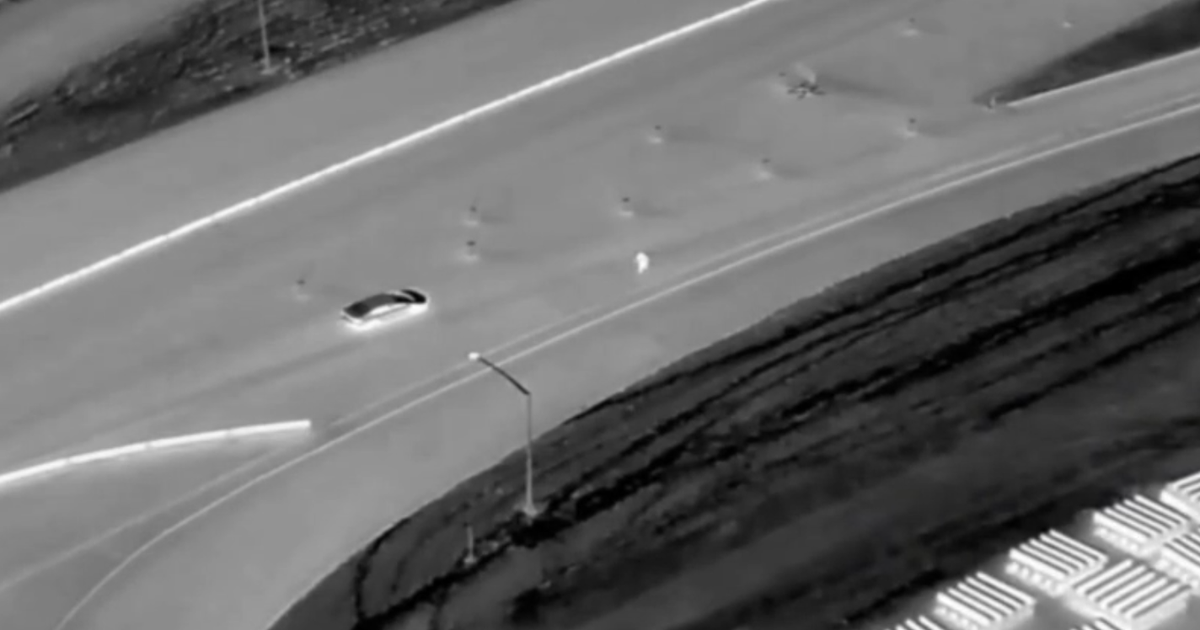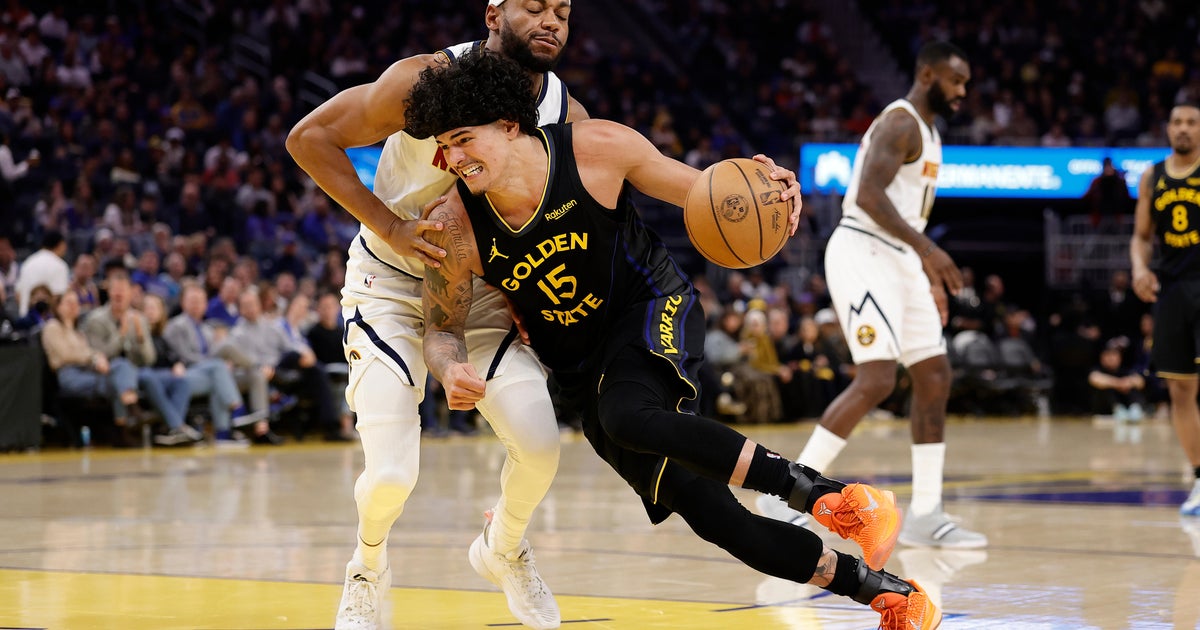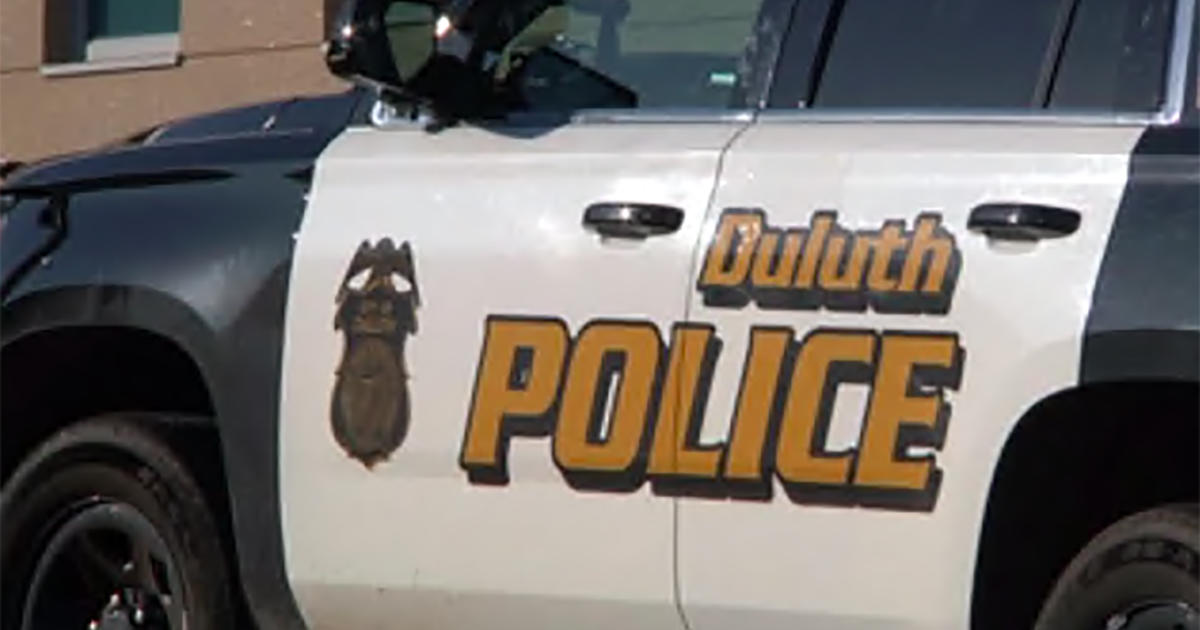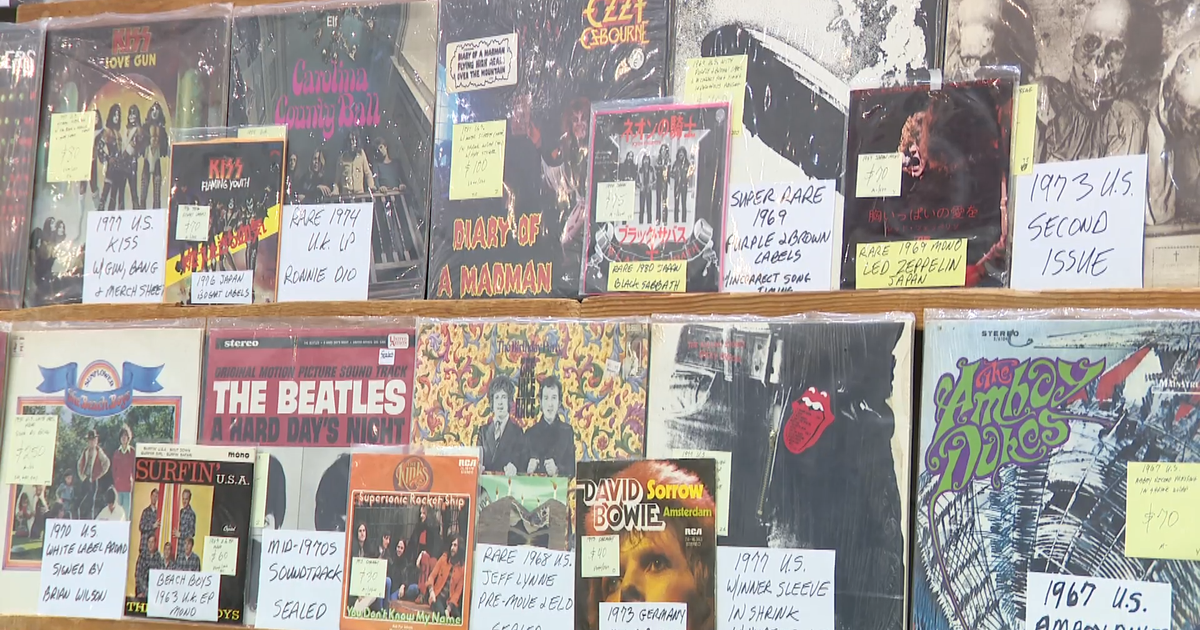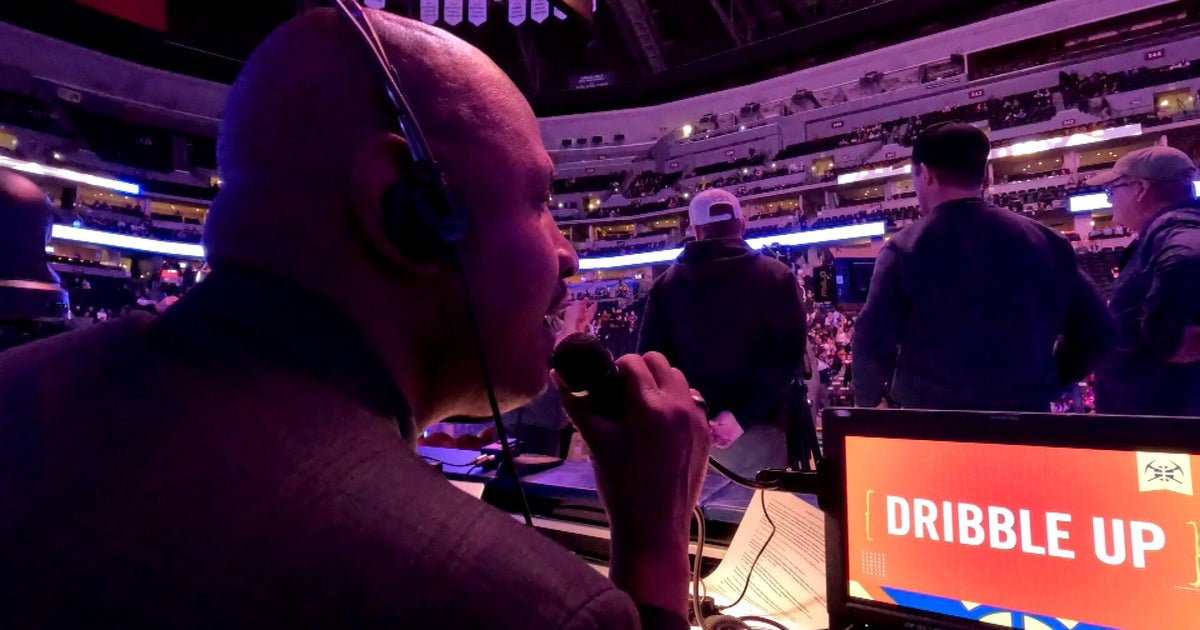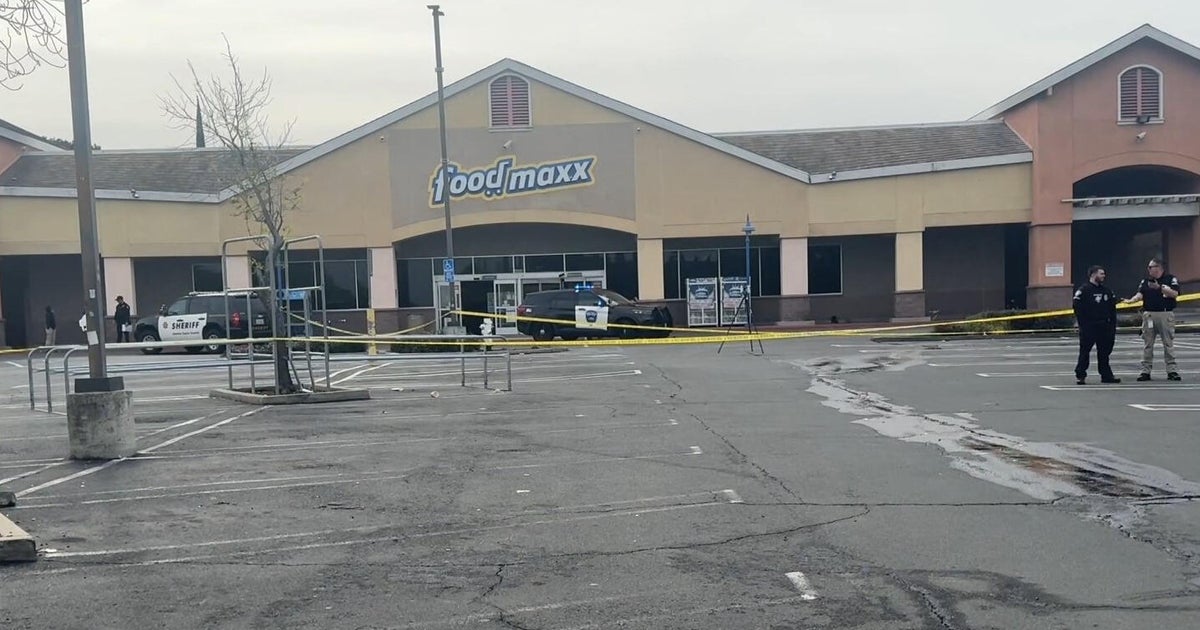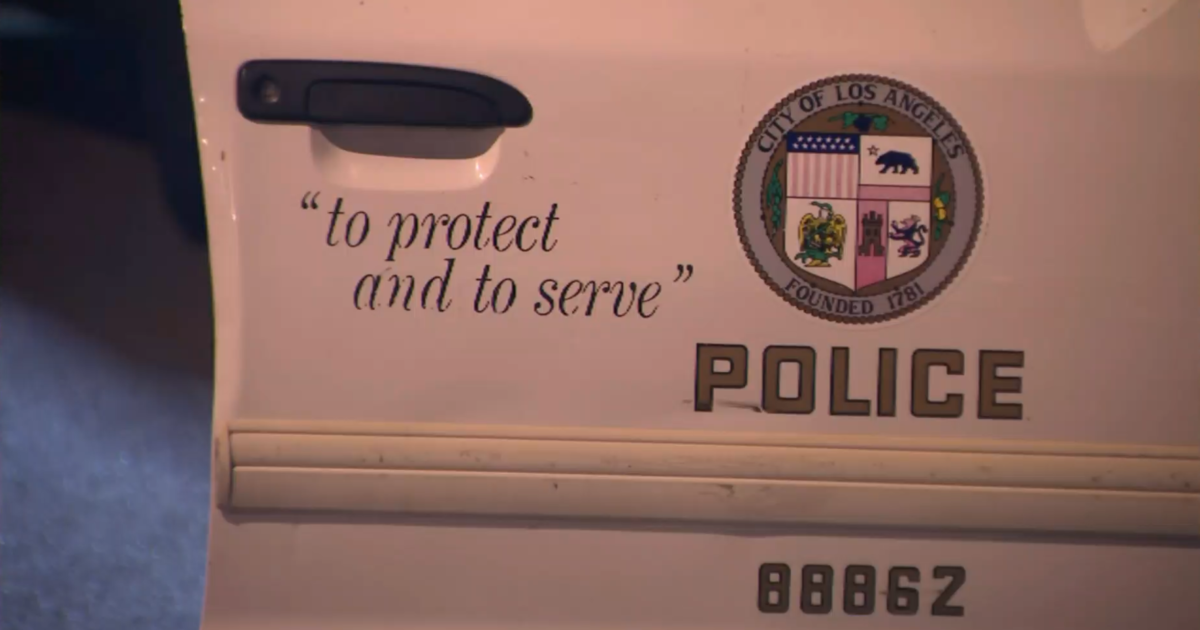City of Denver asks street vendors to comply with licensing requirements to avoid citations
As Jamal Murray and the Denver Nuggets celebrated their 108-106 win against the Los Angeles Lakers in Game 5 during the first round of playoffs on April 29, a man selling hot dogs outside the arena was arrested for operating without a license and resisting arrest.
Denver police arrested 24-year-old Alejandro Ramirez, a hot dog stand street food vendor outside Ball Arena after that game for illegally setting up a hot dog stand and not complying with officers.
According to police, plainclothes officers advised vendors around the property that they were prohibited from selling food or merchandise on Ball Arena property and were asked to move off of the property. Police say this was not a hot dog sting operation and that Ramirez was mainly arrested because he resisted arrest. Otherwise, he would have just been cited and released, according to Denver police.
Signs are also posted outside the property alerting vendors of these rules. Several vendors then left, except Ramirez, who tried walking away from officers as they tried to cite him.
Officers arrested him and took him to the Downtown Detention Center for charges related to the lack of a required license, providing a false identity and resisting arrest.
A video surfacing on the internet posted on X by @Vegastbone -- and then elsewhere on Instagram, TikTok and Facebook -- of Ramirez getting arrested by Denver police outside of Ball Arena has gained hundreds of thousands of combined views. It has now sparked a fierce debate on social media as users are questioning the police officers' actions.
The Denver Department of Excise and Licenses says Ramirez is not the only one violating rules and city vendor guidelines. In the last couple of years, the department has noticed a rise in these "illegal hot dog stands."
"The only reason that the city regulates any industry is to protect public health and safety," said Eric Escudero, a spokesperson for the Denver Department of Excise and Licenses.
These bacon-wrapped hot dogs slathered in sauce, onions and peppers can be found around big events, outside of nightclubs and around sporting events.
Though tasty, some of these stands are concerning city officials.
"When people consider why is the city doing enforcement against hot dog vendors, it's not just the public health safety we are trying to protect for people not getting sick, but it's also the folks who go through the licensing process to make sure they're doing it right and getting licensed," Escudero said.
It's why the Denver Department of Public Health and Environment, police and other agencies are visiting sites where they might find these vendors to educate them on steps to get licensed.
According to Escudero, most of the vendors the city has encountered speak Spanish and may be undocumented, but he says that's not an excuse to be unlicensed.
"If you are undocumented, you can still get a business license in the city and chase the American dream. We do not check immigration status if someone applies for a license," said Escudero. "All we need is proof of who you are so we can hold you accountable if you do violate rules."
In Denver, regardless of citizenship status one can apply for a business and/or occupational license. This complies with a new state law introduced in 2022, eliminating the requirement of legal U.S. residency to apply for a business or occupation license in Denver. Furthermore, in Denver, additional forms of identification are now accepted.
"The thing that is wrong with how some of these hot dog vendors are setting up is that there is unsafe use of propane, there is no handwashing station, they're not using gloves and we are seeing them sell hot dogs that are set out and unrefrigerated for many hours," said Escudero.
Hot dog vendor Marcella Armas has been licensed for more than 30 years and sells a variety of hot dogs on the corner of 14th Avenue and Cherokee Street.
It's a popular spot, even for Colorado politicians.
"I know all the mayors, the governors who were mayors who became governors, the chief of police. I know what they eat," she laughed.
Armas' Cart, licensed and sanitary, is exactly what the city wants other vendors to follow.
A food cart must have a hand washing station and a place to refrigerate food. According to the Denver Department of Excise and Licenses, a legal stand is usually much bigger than the ones many are using now which is usually a small cart with a cooking sandstone or metal griddle. The accepted food cart in the city would also come with an area to store the hot dogs in a cooler with ice. The license in most cases for a hot dog stand is called a food cart license and the fee starts at $150. Vendors must also get a propane permit and pass an inspection.
According to Armas, she pays about $1,000 annually for her cart to be able to operate in the city which includes a license, a commissary where she stores her food and cart, taxes and fees.
However, for street vendors who are not licensed, like Elena, who decided not to share her last name, selling hot dogs at big events targeting the Latino and Hispanic communities is how she can help pay for her son's college tuition.
"We go where the Latin events are because they are the ones who mostly buy these hot dogs," she said in Spanish.
Paying licensing fees and all that's required for a food cart adds up and she says it's not something she can commit to right now.
She also doesn't agree with the recent treatment of some food vendors. She's experienced it firsthand and wants police to stop treating vendors like her like they're criminals.
"I feel like it's unfair. We haven't committed any serious crimes for us to get arrested for this," said Elena.
However, street vendors like Armas just want fair play.
"If we have to pay all these fees and taxes and licensing and commissary, then they should have to do the same," she said.
Citations can range anywhere from $150 to $990 and vendors can face a criminal citation if they continue to violate the rules, according to Denver's Department of Excise and Licenses.
"Issuing fines, tickets, those types of things, that's not what we want to do as a city, we want to help businesses thrive," said Escudero. "We try to make Denver a vibrant city, but when it comes to food safety, we want to make sure that when someone buys a hot dog, they're not playing Russian roulette with their digestion."
The Colorado Department of Public Health and Environment, in a statement to CBS News Colorado, said the following:
"We are aware of unlicensed hot dog vendors operating around ballparks and arenas in Denver. The DDPHE Food Safety team has been focused on outreach and education to these vendors, in English and Spanish, so they understand the requirements around food safety. Our goal is to ensure these vendors are aware of Denver's requirements for food businesses, including licensing and proper food handling techniques. DDPHE has not received foodborne illness complaints associated with any food vendors outside of Ball Arena."
Those who think they might have gotten sick after eating from one of these vendors or any establishment in Denver can report it online or by calling 311.
Citations for unlicensed businesses are issued by the Department of Excise and License.

